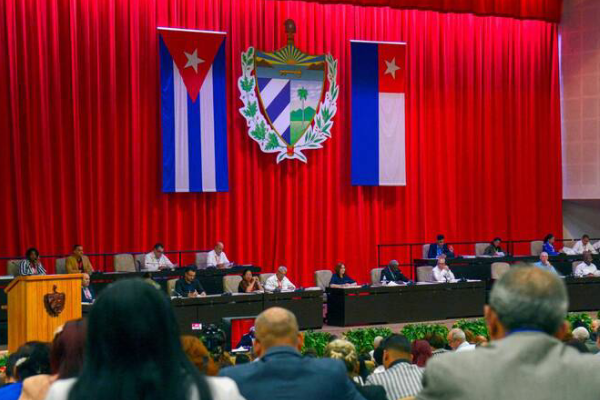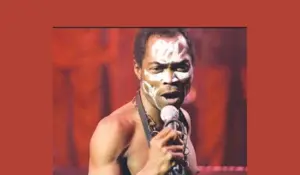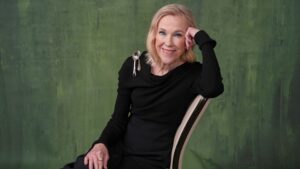Cuba has removed the maximum age limit of 60 for presidential candidates as part of a constitutional reform passed by parliament on Friday.
The communist-ruled island’s two five-year presidential terms and 35-year-old minimum age for candidates remained intact.
The measure, approved by the Council of State, imposes no age limits on people “in the full exercise of their physical and mental faculties, with… loyalty and revolutionary trajectory,” national assembly president Esteban Lazo said.
Former President Raul Castro, who is still a member of the assembly at the age of 94, was the first to vote in favor of the reform, which would be implemented for the 2028 presidential elections.
Cuba’s current president, 65-year-old Miguel Diaz-Canel, was elected in 2018 and re-elected in 2023. No favourite successor has been openly chosen.
Read Also
After six decades in power under Fidel Castro and his brother Raul, the introduction of term and age restrictions in the 2019 constitution represented a significant move.
In 2016, Fidel had to hand over the reins to his brother due to health problems. He died later that year, after nearly half a century leading Cuba.
Raúl Castro officially became president in 2008, at the age of 76. In 2021, he retired as Communist Party first secretary, handing over power to Diaz-Canel.
The nation of nearly 10 million people is suffering its worst economic crisis in three decades, with shortages of all kinds of supplies, power outages, and unprecedented emigration.





